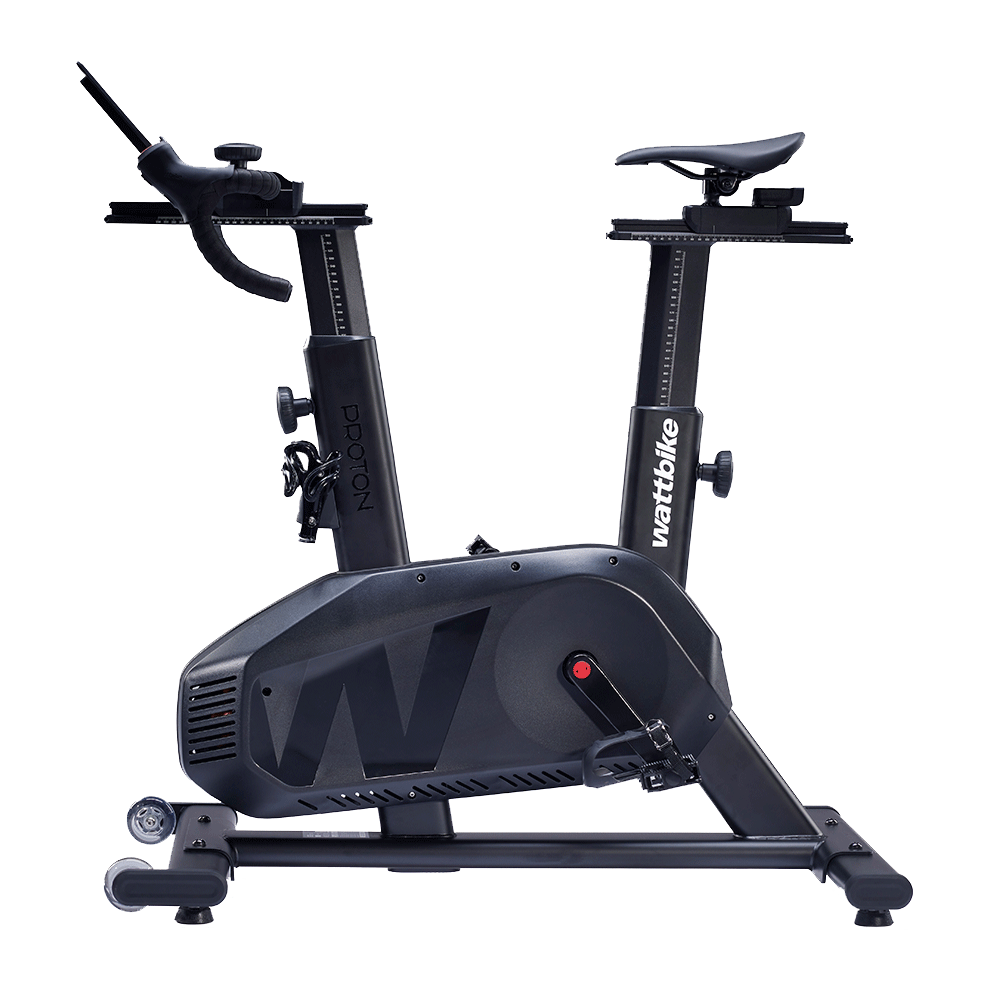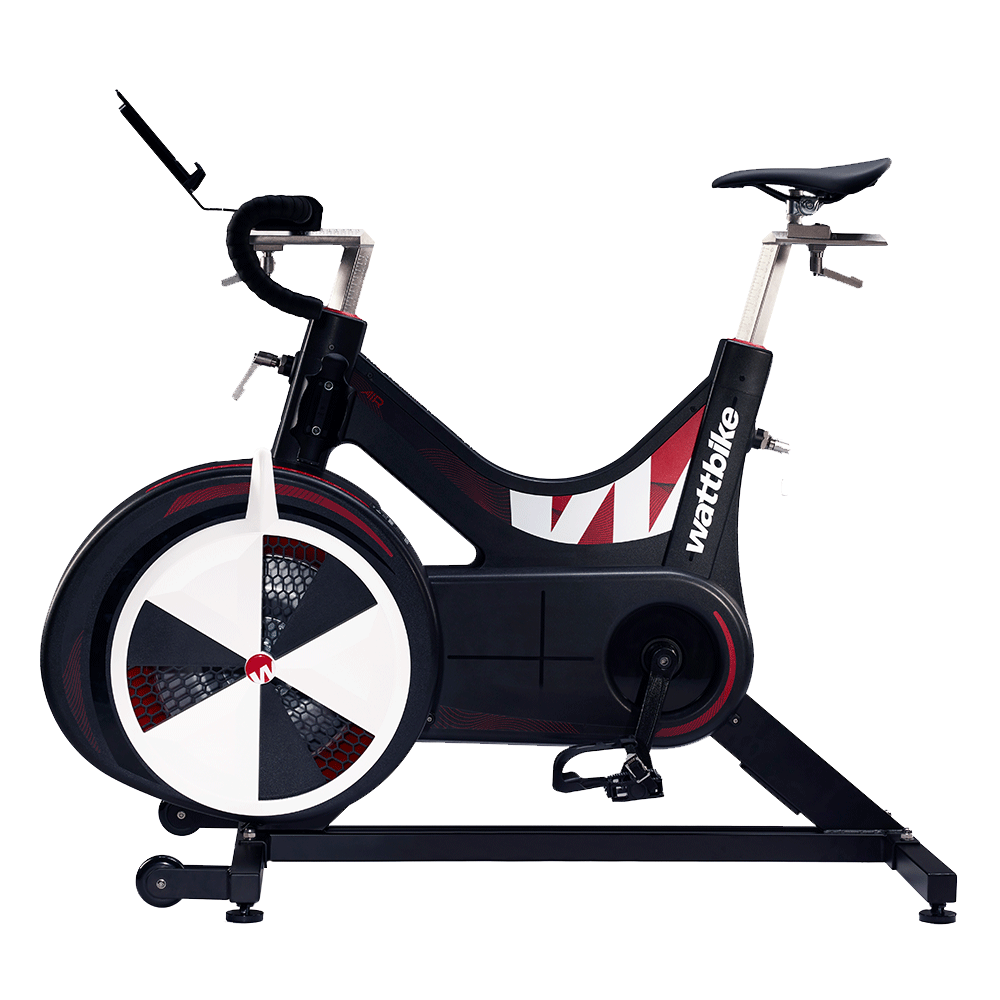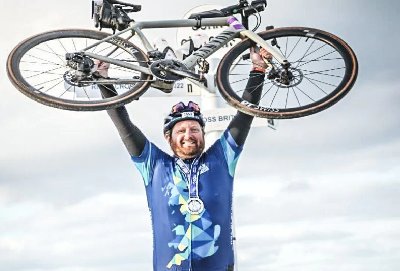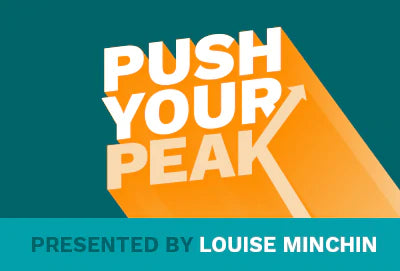Your Cart is Empty
wattbikes
accessories & service
training apps
news & information
How To Improve Your Speed During A Time Trial
April 27, 2017 3 min read
Time trials are ridden at a hard, but sustainable pace. To improve your physical performance, you need to increase the power you can sustain. A well-paced time trial is a skill that can be learnt but it requires practice, go out too hard and you will fade toward the end, take it too easy at the start and you won’t achieve the best time you are capable of.

What Factors Affect Your Cycling Speed?
Your speed however is not just about training and the power you can produce - speed is influenced by many factors. Some of which you won’t be able to control such as the weather, the course, road surface, air temperature and other traffic. Whilst getting a PB is nice your speed doesn’t always represent the quality of the physical performance.
There are factors affecting your speed that you can influence, many of which are expensive. Firstly, your position on the bike as the rider has the single biggest impact on aerodynamics, next your clothing and helmet, finally your bike and wheels. Most people can improve their time trial position without huge expense and certainly without resorting to wind tunnel testing.
Money can buy you speed with a fancy helmet, speed suit and fast wheels but whilst this may give you a big improvement, it’s a one hit injection of speed, for long term development and to keep racking up the PB’s it is your training that will make the difference.
How to Train for Cycling Time Trials
Sustainable output is really the key for time trials, known asmaximal lactate steady state(MLSS) it is the highest blood concentration of lactate that can be maintained over time, it is the point at which your body is able to recycle the lactate for energy as quickly as it produces it. More simply it is your ‘red line’, above this point your breathing gets ragged, your muscles start to feel painful and you quickly reach a point where you need to ease off or stop. A successful time trial tight-rope walks the line but never crosses it.
There are two main ways of increasing your power at MLSS, pushing it up from beneath and pulling it up from above. The indispensable session for every aspiring time trial rider is simple; 2 x 20 minute blocks at zone 4, if you know it, or your 25-mile race pace with ten minutes’ recovery in between. If you look at the Wattbike Hub, the endurance session ‘building blocks’ is very similar. This session teaches you about how to pace an effort, what it should ‘feel’ like and if you do it in your time trial position, it can also help improve your posture when racing.
If you don’t have a Wattbike smart bike trainer, power meter or heart rate monitor the easiest way to monitor your effort is through your breathing.Research has shownmaximum lactate steady state occurs at the mid-point where you are breathing normally and your breathing becoming fast and ragged. When time-trialing your breath should be deep, regular and controlled but you will be unable to talk.
A second session to add in works slightly above your time trial pace, pulling it up from above. The key with this is to allow a little bit of recovery, to enable you to ride harder than usual, but not enough for total recovery. Start with four minutes at the lower end of Zone 5 and take one-minute recovery before repeating six times. With such limited recovery this feels more like a continuous 30-minute block so is a tough session and will require you to work on your pacing skills.
Also in Performance

Wattbike X UA Next
October 18, 2024 2 min read
The Under Armour Next Academy at Battersea Power Station offers a comprehensive testing facility designed to push athletes to their limits through a series of six athletic tests, each targeting different aspects of fitness.
This facility focuses on empowering and testing the next generation of athletes through a series of assessments, including those on the Wattbike, which is used to measure key cycling metrics, such as power output, endurance, and fitness levels.

How to Improve VO2 Max
January 09, 2023 5 min read
Improving VO2 max means increasing your body’s effectiveness at using oxygen for exercise. Also known as VO2 peak, training this aspect can help to improve your endurance and output, whether training for a local race or just improving your fitness. Improve your VO2 max with indoor bike workouts designed by sports scientists.
Read More
How to Complete Cycling Time Trials on an Indoor Trainer
December 01, 2022 6 min read
Time trials allow you to test your pace, performance, and monitor your goals. It tests your ability to ride fast. Our guide takes you through the benefits of performing your cycling time trials on your indoor trainer.
Read MoreUNLOCK YOUR CASH REWARD!
SIGN UP TODAY TO GET YOUR UNIQUE WELCOME SAVING DIRECTLY TO YOUR INBOX.











